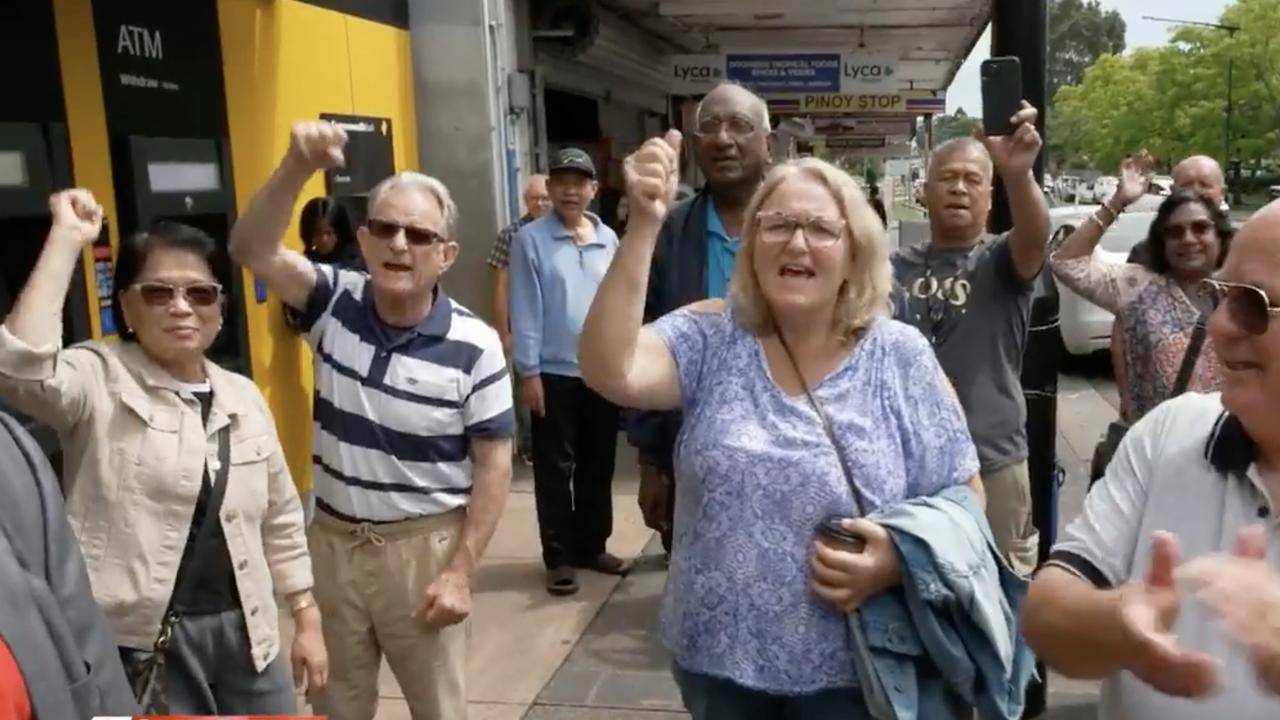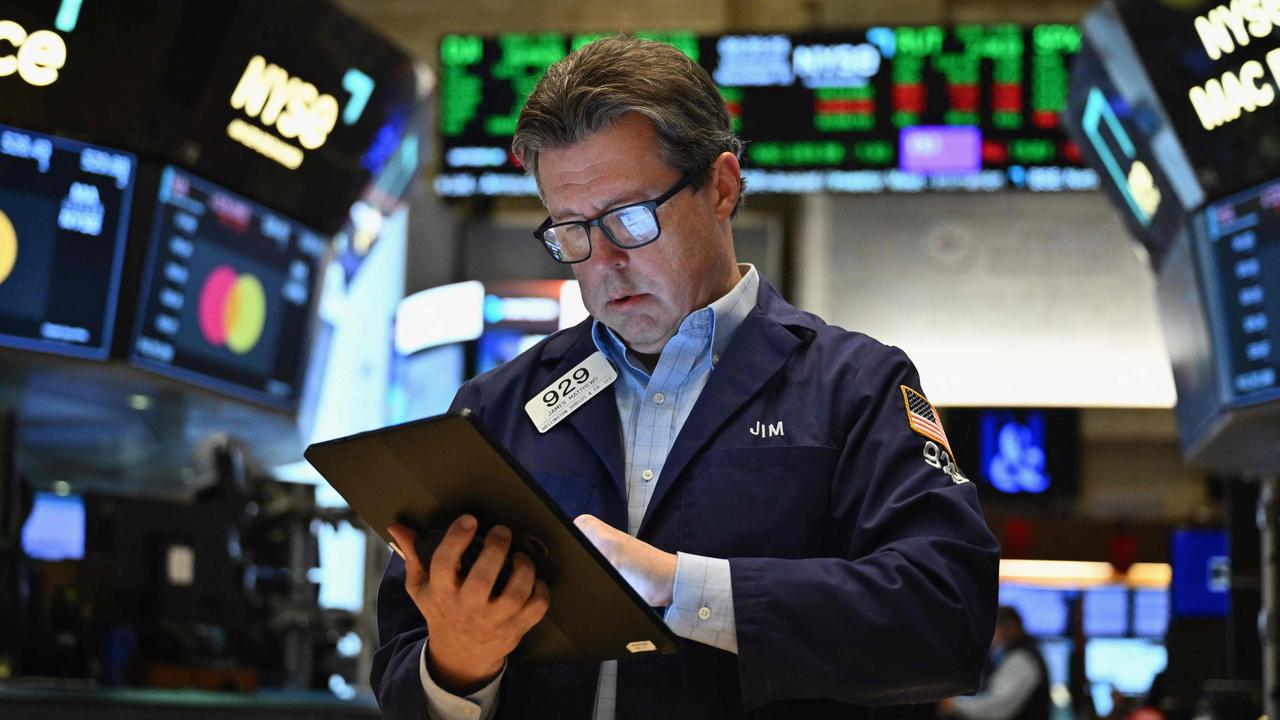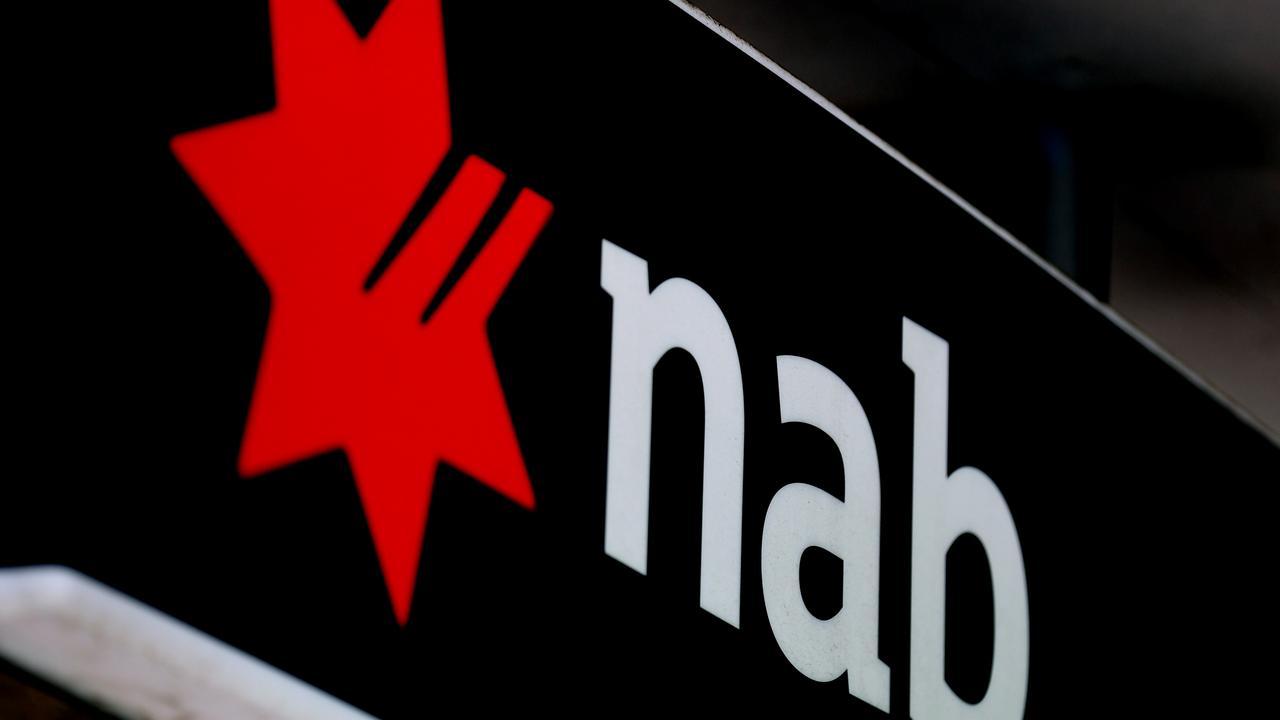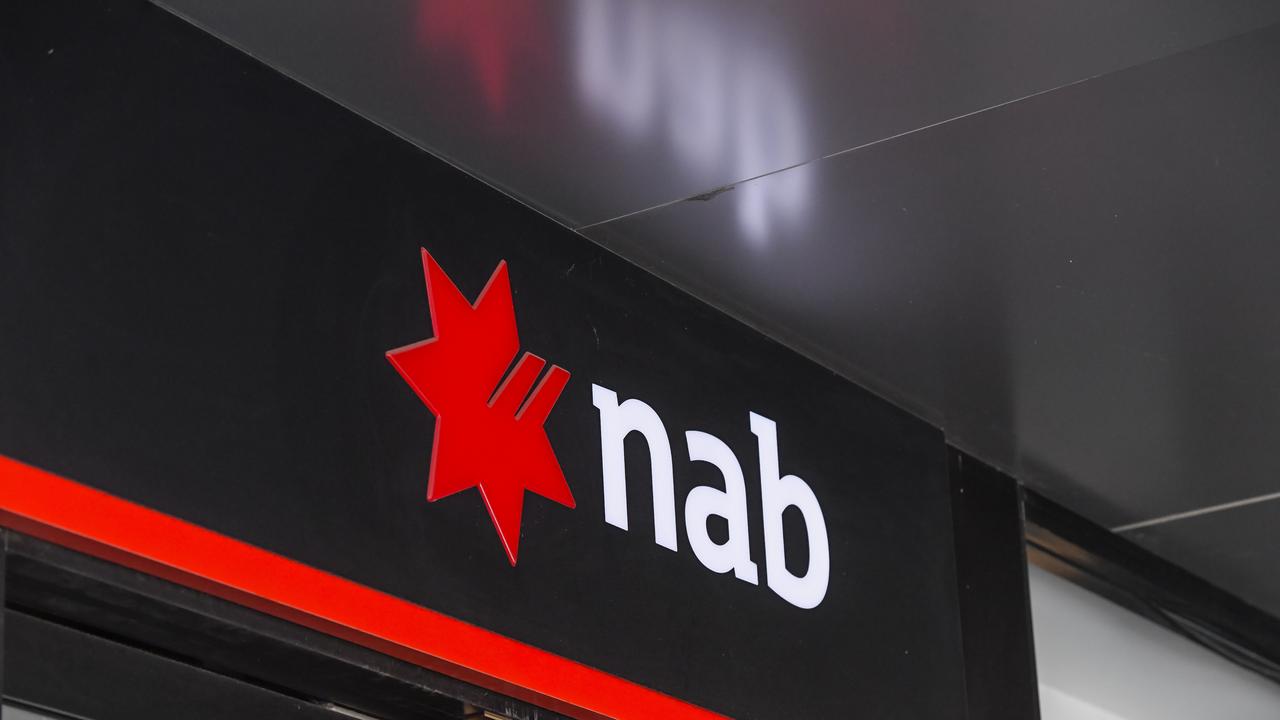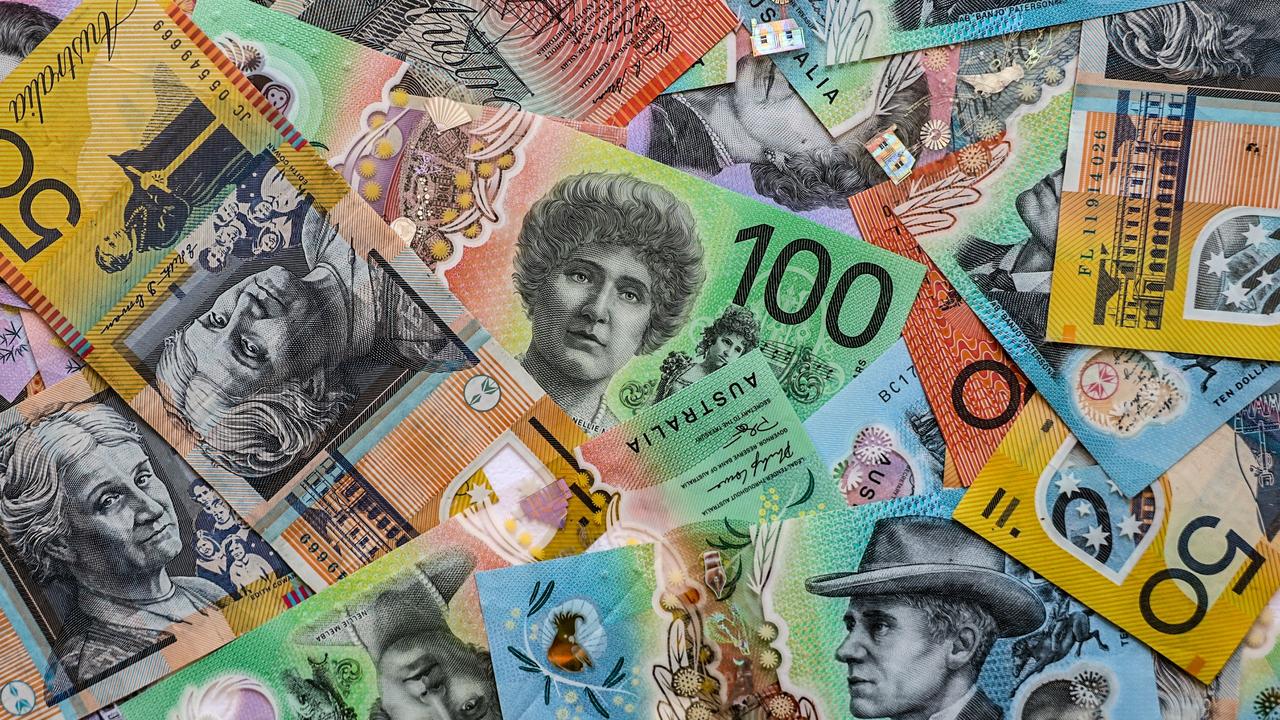Bob Katter’s fight against cashless society ramps up
Bob Katter’s embarrassment at having his cash refused at a cafe has highlighted a glaring problem with Australia’s move towards being a cashless society.
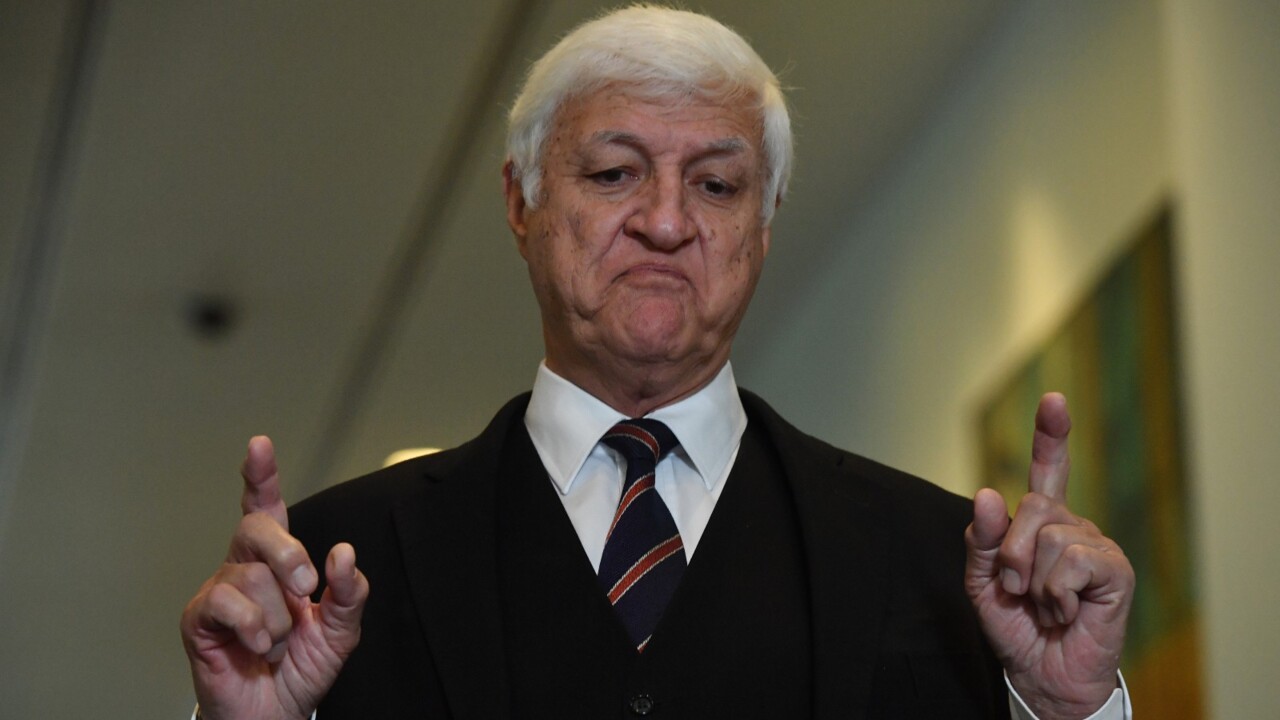
Banking
Don't miss out on the headlines from Banking. Followed categories will be added to My News.
The humiliation of not having enough money in your pocket to make a purchase is gradually being replaced with the embarrassment of not having a debit or credit card to buy a product as more establishments become cashless.
Infamously this week, independent Queensland MP Bob Katter was fuming after the Parliament House staff dining room refused to accept his $50 note when he tried to order fish, rice and vegetables for lunch.
His awkward encounter renewed debate about Australia’s move towards a cashless society.
National Seniors Australia chief executive Chris Grice said credit cards and online banking might not be as convenient or possible for many older Australians.
“The move to a more cashless society – and with it the phasing out of cheques, ATM and bank closures – has been happening for some time now,” he told NCA NewsWire.
“However, there are many seniors and others who would be greatly inconvenienced and experience hardship if cash was difficult to access or use.”

Mr Grice noted cash was still a valid form of currency that should be accepted.
“Some seniors may not be comfortable banking online because they’re not tech savvy, they’re afraid of online and credit card scams, cash is what they know and it’s their only way to make financial transactions,” he said.
“Doing any business online can come with a range of problems and risks, from inability to transact during system outages to data breaches.
“The move towards a cashless society should be made with seniors and others in mind.”
In Mr Katter’s case, staff offered to give the MP his meal for free, but the 78-year-old declined.
Mr Katter took the issue to parliamentary speaker Milton Dick, who vowed to “immediately” reverse the cashless policy.
“If you have a cashless society the banks control your life … you’re not able to buy a loaf of bread without permission from the banks,” Mr Katter said later.
“It is bad enough now and it will become infinitely worse.”
Cash was also vital during power outages in natural disasters such as cyclones, he added.
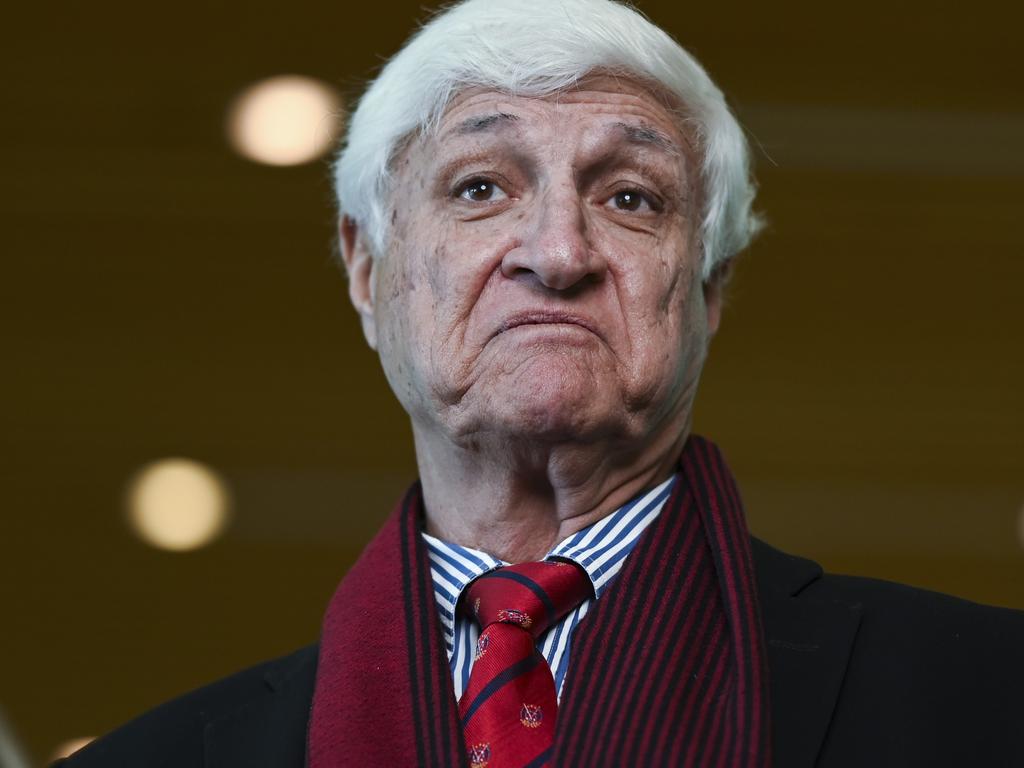
Mr Katter claimed cash was “legal tender” and could not be refused by businesses.
But according to the Australian Competition and Consumer Commission, businesses could choose which payment types they accepted.
“It is legal for a business to specify the terms and conditions that they will supply goods and services,” the ACCC says on its website.
“This includes whether they will accept cash payment. However, consumers must be made aware of these terms and conditions before they make a purchase.
“Businesses should be clear and upfront about the types of payments they accept and the total minimum price payable for their goods and services.”
On the flip side, card surcharges can also anger consumers.
The ACCC said there were rules around what businesses could include in calculating surcharge costs.
“If there is no way for a consumer to pay without paying a surcharge, the business must include the minimum surcharge payable in the displayed price for its products,” the ACCC said.
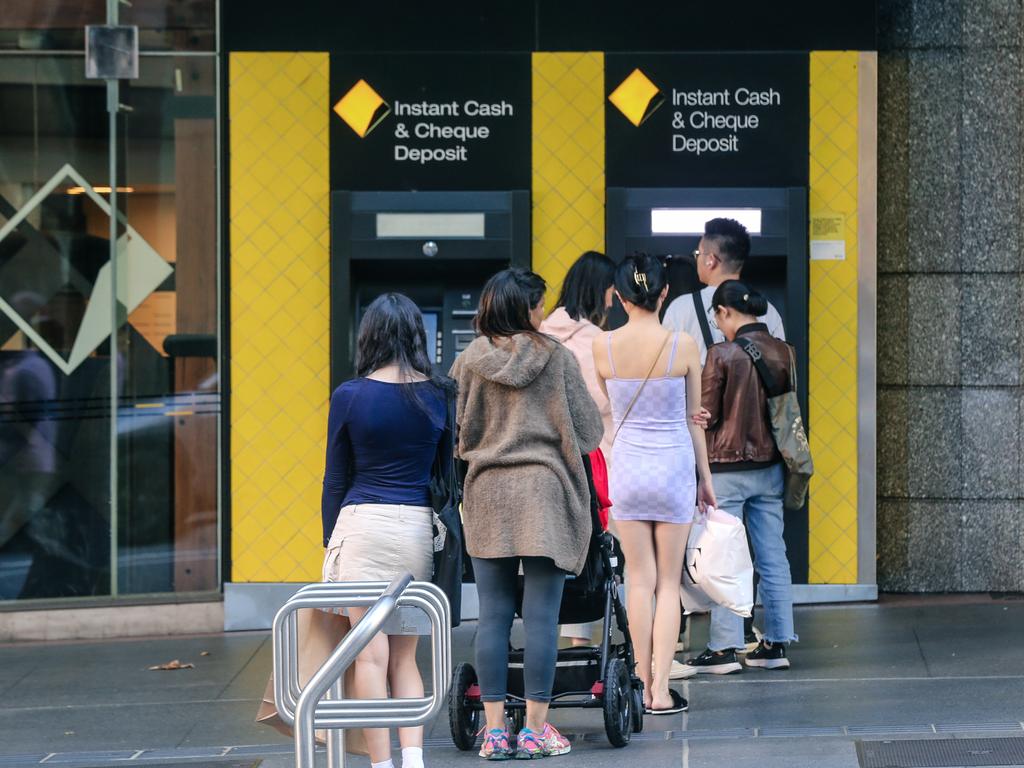
According to the Australian Banking Association, digital payments on smartphones jumped from $746m in 2018 to more than $93bn in 2022.
The Commonwealth Bank of Australia recently revealed it had shut down more than one-third of its physical branches and closed more than 2000 ATMs over the past five years.
Other banks have also closed branches and ATMs in recent years.
In September last year, Woolworths announced cash withdrawals would be cut from $500 to $200.
“This is due to the lack of cash being used in transactions, with the majority of customers opting for card-only transactions such as Everyday Pay,” a Woolworths spokesperson said.
Meanwhile, the Albanese government is looking at regulating digital payment wallets, like Google Pay and Apple Pay, in the same way other payment methods are managed.
Originally published as Bob Katter’s fight against cashless society ramps up



